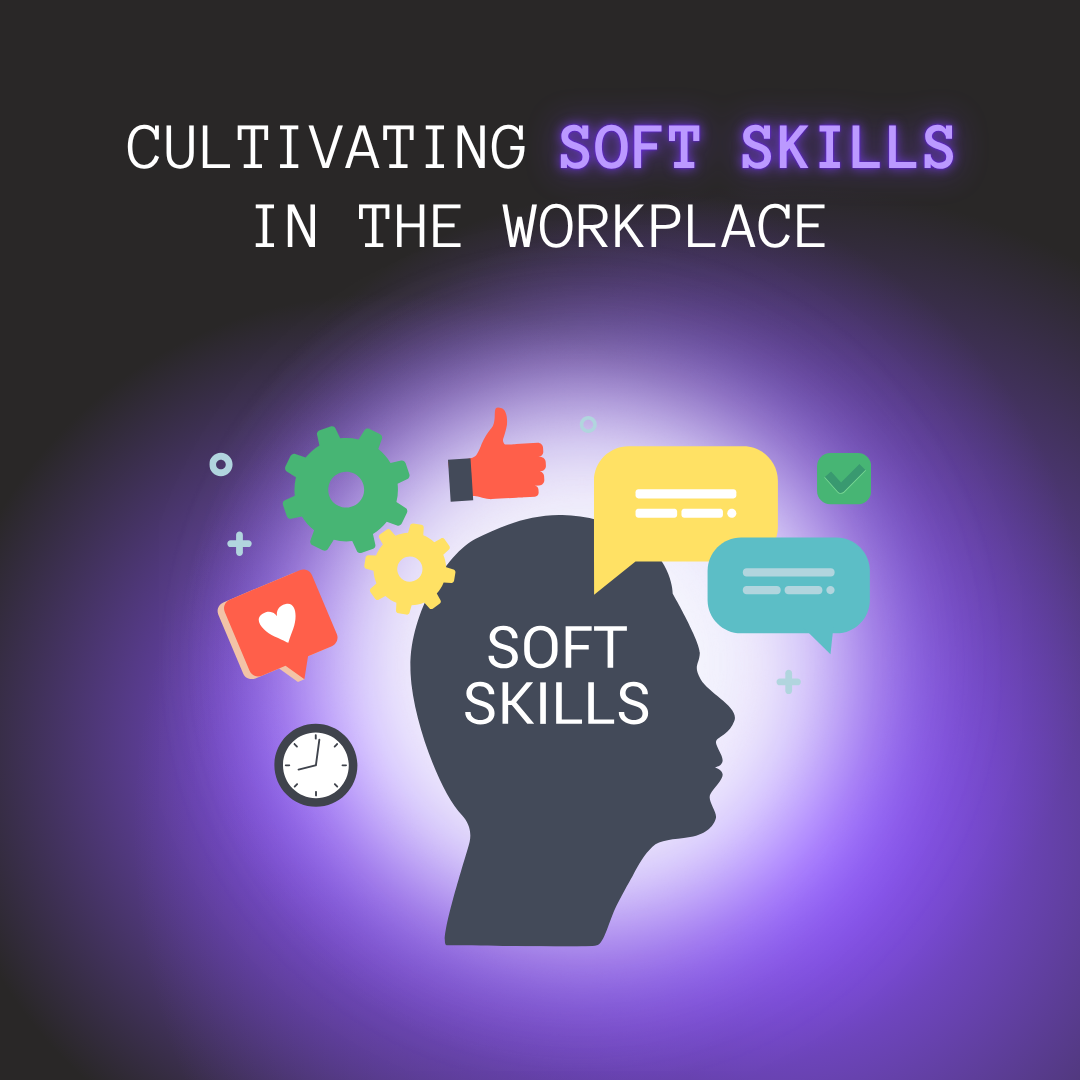The importance of soft skills in the workplace
What Are Soft Skills?
Being the most technically proficient person in the room doesn’t automatically make you the best candidate for a job or promotion. To stand out, it’s essential to develop soft skills alongside technical (or hard) skills. These personal attributes—like communication, empathy, and adaptability—help you work effectively with others and navigate workplace challenges.
In a world where AI and automation are advancing rapidly, human-centered skills are more valuable than ever.
Why Soft Skills Matter in the Workplace
Soft skills are key to creating a positive and productive work environment. They help improve teamwork, reduce conflict, and strengthen relationships across all levels of an organization.
In leadership or managerial roles, soft skills are especially crucial. The ability to delegate, motivate, and empathize can make the difference between a team that thrives and one that struggles. A good leader isn’t just someone who gives orders—they’re someone who inspires and earns trust.
Soft skills also directly impact customer and client satisfaction. It’s often said that people won’t remember exactly what you said—but they will remember how you made them feel. Patience, active listening, and even a calm, respectful tone can turn a frustrating interaction into a positive experience.
In high-pressure situations like meeting tight deadlines or resolving conflicts, soft skills such as emotional regulation and clear communication lead to better decision-making and more effective problem-solving.
Overall, developing soft skills contributes to a healthy company culture, boosting morale, collaboration, and job satisfaction for everyone.
Top Soft Skills Employers Look For
Employers consistently seek candidates who demonstrate strong:
Communication skills
Teamwork and collaboration
Time management
Adaptability
Critical thinking
Equally valuable—though sometimes overlooked—are skills like:
Emotional intelligence
Conflict resolution
Leadership potential
Together, these soft skills show that you can navigate not only the technical demands of a job, but also the human ones.
How to Develop and Showcase Soft Skills
The best way to develop soft skills is through real-world practice. While reading about communication or teamwork is a start, applying those skills in everyday situations is what truly builds them. Try joining a club, volunteering, or taking on leadership of a small project at work—any activity that gets you working with others and solving problems in a collaborative setting.
Self-awareness is also crucial. One of the most effective ways to grow is by seeking honest feedback. Tools like 360-degree reviews—where feedback is gathered from peers, managers, and direct reports—can offer a complete picture of how you’re perceived by others.
When it comes to showcasing your soft skills, avoid vague claims like “I’m a team player.” Instead, use the STAR method (Situation, Task, Action, Result) to share concrete examples that highlight how you’ve used these skills in action.
And remember—soft skills can be learned, just like technical ones. Online platforms such as Coursera, LinkedIn Learning, and others offer excellent courses on communication, negotiation, emotional intelligence, and more. These not only help you grow but also signal to employers that you’re committed to professional development.
In Conclusion
Balance is key. While technical skills may get your foot in the door, soft skills help you thrive once you're in. Developing your communication, adaptability, and emotional intelligence won’t just make you a better employee—it’ll make you a better colleague, leader, and professional overall.

